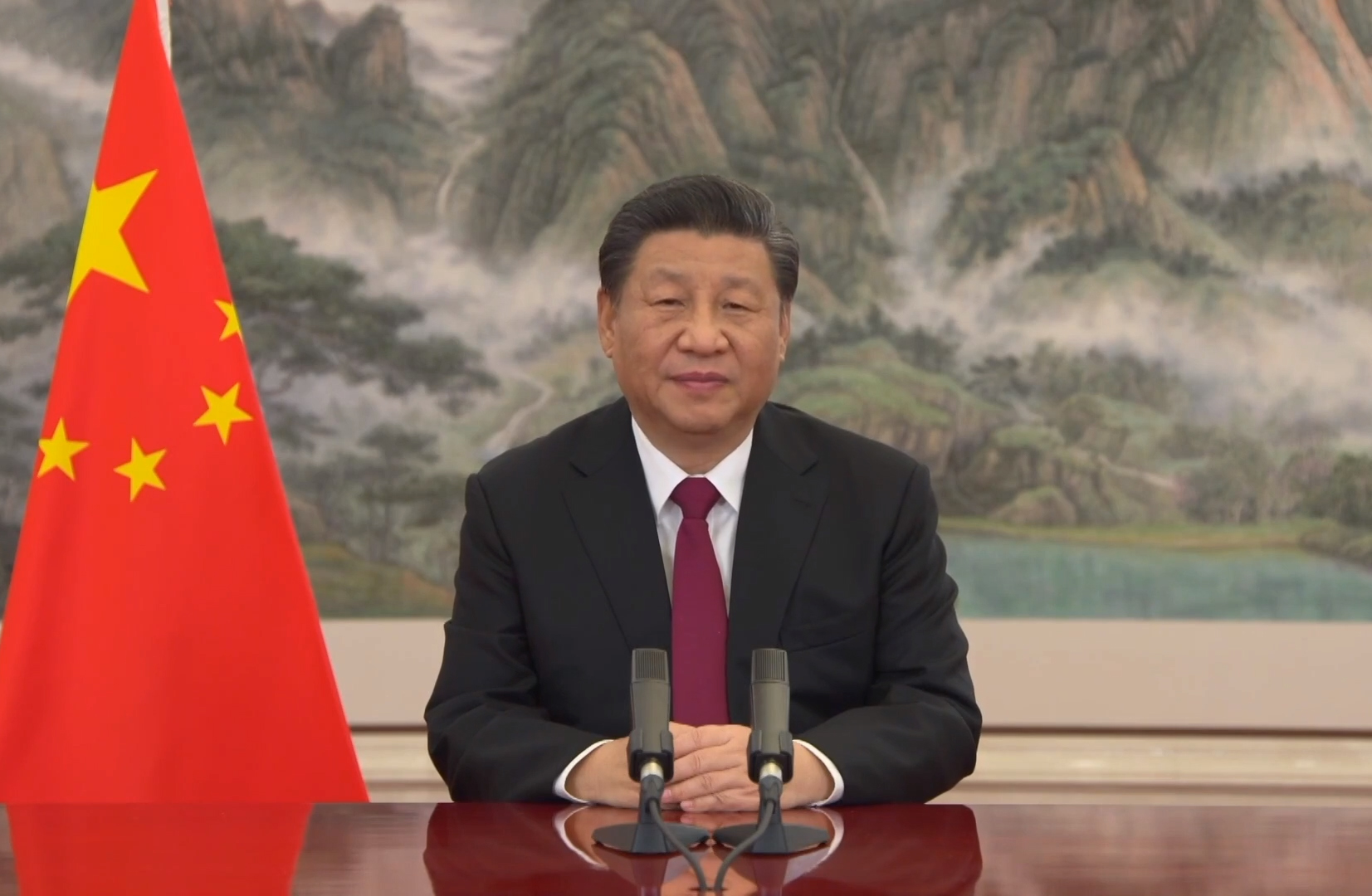Why is China hiding economic data?

What's going on strange about some economic data from China
Why is Beijing hiding or manipulating economic data such as the youth unemployment rate, export volumes or cement and glass production? An in-depth study by the business publication Business Insider goes into the merits of the opaque and deceptive behavior with which the People's Republic hides the reality from investors in the name of its current priority which is certainly not to promote transparency but, on the contrary, to exercise maximum control about the company.
Where have they gone?
The announcement by China that it will no longer publish monthly data on youth unemployment did not go unnoticed. The last time it did so, last July, a worrying rate of 20.5% had emerged, soon elevated by analysts to symbolize President Xi Jinping's inability to restart the economy after the lockdown season.
Ideology first.
According to Business Insider there is nothing to be surprised about. That on youth unemployment is not the only data that the Party is hiding from the list of investors. This isn't happening just because the economy is slowing down: the real reason is that in the Xi era, China is putting ideology ahead of economic growth.
Despite the rhetoric on the need to achieve an adequate level of wealth, the People's Republic has never dared to introduce reforms that effectively make consumers protagonists of development. Indeed, this would conflict with Xi's real priority which is to exercise absolute control over society as well as the economy.
The inability to opt for a bottom-up model that would replace the traditional top-down approach is one of the factors that, together with the economic slowdown, investor flight and crushed demographics, can leave the economy at a standstill , without the management being able or willing to take the necessary steps to reverse the trend.
What is the opposite of transparency?
In such circumstances, for example, it would be normal to call for more transparency, but exactly the opposite is happening in China.
It's not just the data on youth unemployment that is missing. The National Bureau of Statistics has ceased to publish two key data for the real estate sector: land sales by area, no longer available since last December, and consumer confidence. The result can be seen in the deep gap between the official numbers and the estimates based on the aggregate of secondary indicators.
When not hidden, information is manipulated to the point where it becomes useless. The data on exports released by the Customs Bureau is today divergent from that on imports made by China's main trading partners. Referring to the latter, Charlene Chu, an analyst at Autonomous Research, calculated that Chinese exports will decrease by 8% this year compared to 2022.
But, afraid of revealing its fragility and instability, Beijing censors the data, when it does not release a watered-down version as is happening for the data on the assets of real estate companies which today "are practically useless" according to the opinion of the China Beige Book.
In a note, J Capital Research, an investment firm, has informed its clients that data on key proxies such as total cement or glass produced, indicators used by investors to measure growth in the construction sector, are no longer available. .
The result is that foreign investors have eaten the leaf and are selling Chinese stocks and bonds by storm, thwarting the Party's efforts to jump-start the economy.
Consumer first?
In such a circumstance a market economy would resort to the most classic of stimulus packages, putting money into the pockets of consumers. But this is precisely what Xi does not intend to do for fear of giving too much power to citizens and therefore losing control of the country.
Symptomatic is what has been written on the pages of Study Times , a newspaper that illustrates the Communist Party's policy, where the idea of providing direct aid to families is not only considered excessively expensive but is branded as an example of bad investment allocation.
Market economies, on the other hand, reason in the diametrically opposite way. The path of the so-called "helicopter money" represents the logical choice and corresponds to the principle according to which individuals, families and private companies control capital: the western equivalent of the communist principle of power to the people.
But this philosophy is not only incompatible with the so-called "socialism with Chinese characteristics"; it is especially incompatible with the party's current priority of maintaining the strictest control.
Run away.
That is why investors, frightened by the arbitrariness of Chinese power, are now fleeing to safer destinations. An opaque China, which hides its ills from the world and penalizes rather than rewards consumers and investors, is a deeply ill country that may no longer recover without a drastic cure.
This is a machine translation from Italian language of a post published on Start Magazine at the URL https://www.startmag.it/economia/perche-la-cina-nasconde-dati-sulleconomia/ on Sun, 03 Sep 2023 05:47:06 +0000.
